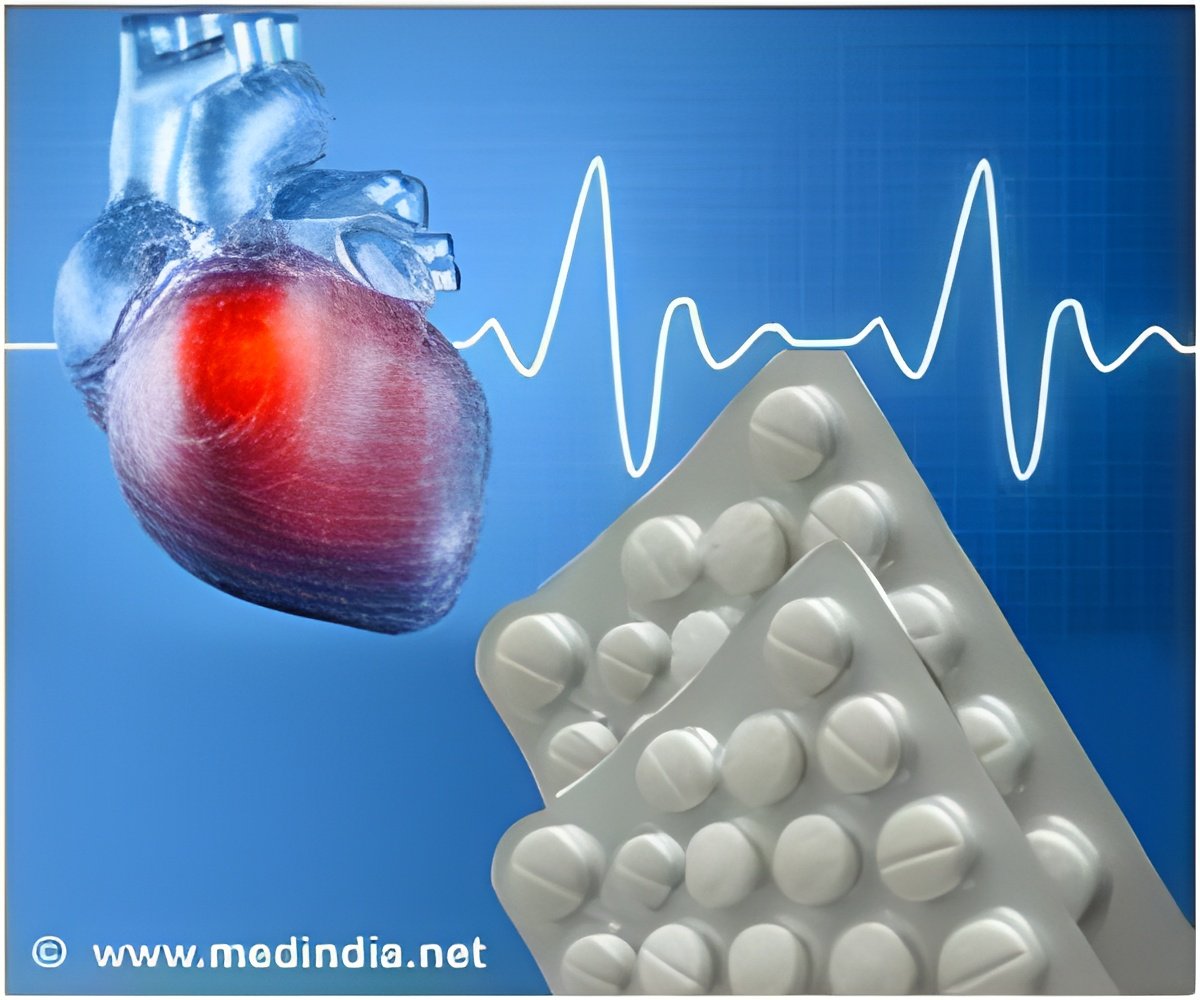Stimulant medications, such as methylphenidate and amphetamine products, are used to treat attention-deficit/hyperactivity disorder (ADHD), which affects 5-9% of youth.

Amidst growing concern over the risks of stimulant use in youth, a study by Dr. Mark Olfson of the New York State Psychiatric Institute and Columbia University, and his colleagues, published in the February 2012 issue of the Journal of the American Academy of Child and Adolescent Psychiatry, assessed the risk of adverse cardiovascular events in children and adolescents without known heart conditions treated with stimulants for ADHD. It is one of the largest studies to date focusing primarily on youth while controlling for pre-existing cardiovascular risk factors.
As reported in the study, Olfson and colleagues examined claims records from a large privately insured population for associations between cardiovascular events in youth with ADHD and stimulant treatment. In total 171,126 privately insured youth aged 6-21 years without known pre-existing heart-related risk factors were followed throughout the study.
The study included patients who have previously received stimulant treatment, patients currently receiving stimulant treatment, and patients who began or ceased stimulant treatments during the study period. Olfson and colleagues assessed the various groups for incidents of severe cardiovascular events such as acute myocardial infarction, less severe cardiovascular events such as cardiac dysrhythmias, and cardiovascular symptoms such as tachycardia and palpitations. Analysis showed that cardiovascular events and symptoms were rare in this cohort and not associated with stimulant use.
This finding helps to allay concerns of adverse events in otherwise healthy young people receiving treatment for ADHD. Olfson and colleagues said of the results, "It is reassuring that in these young people, short-term stimulant treatment did not substantially increase the risk of cardiovascular events or symptoms."
Advertisement















